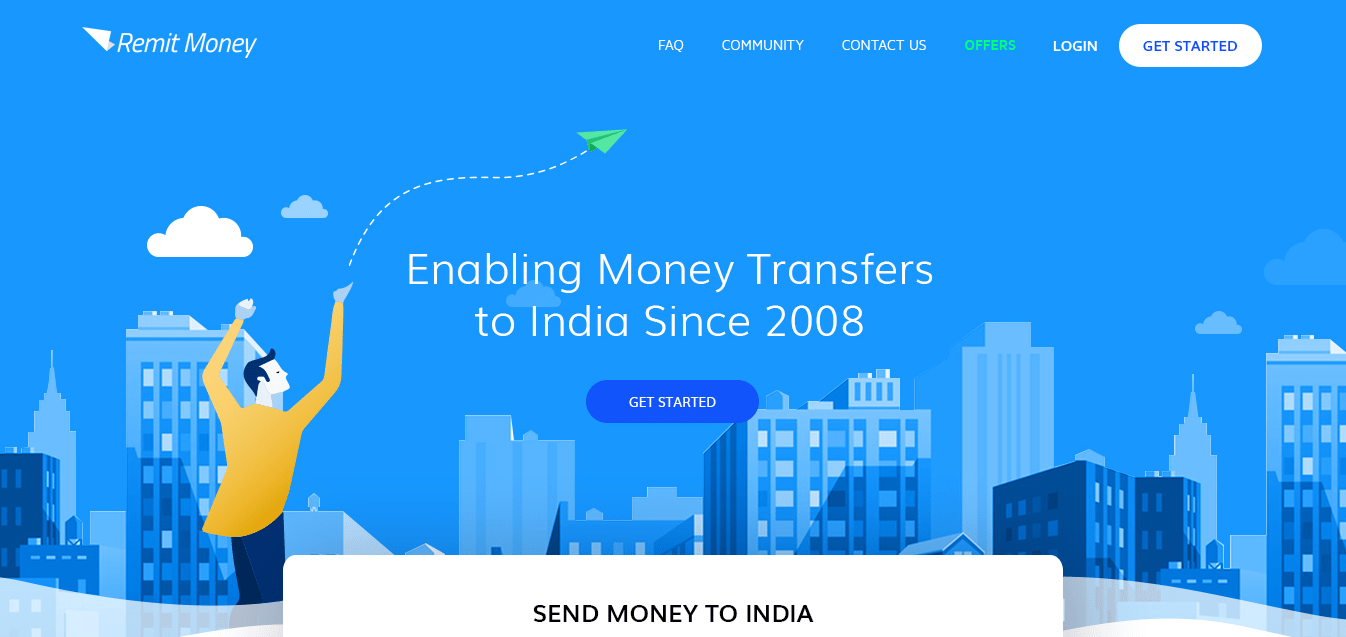The affordable pricing and the high death benefit have made term insurance policy a very popular option in India. It also comes with death benefits. For these reasons, many people are opting for term insurance policies. As a Non-Resident Indian [NRI], you might have some doubts regarding buying and what is term insurance in India. Firstly, if you are wondering if it is allowed to buy one then the answer is ‘yes.’

Here are some important questions related to NRI insurance that can make things clearer for you:
Is an NRI required in India to buy term insurance?
You do not have to be present in India to buy a term plan from here. All you need is a written communication with the insurance company of your choice. However, the insurer might not provide free medical examinations in the country where you are based. You have to pay for that from your pocket and send the required reports to India.
What is the procedure to pay the premium for NRIs?
The premium for term insurance for NRIs can be paid many different methods:
- Payment in foreign money
- Foreign Currency Non-Resident [FCNR] /Non-Resident External [NRE] account
- Non-Resident Ordinary account
The NRE or FCNR bank account is used when the policyholder is paying the premium in foreign currency. If you want to pay the premium in Indian Rupees [INR], you can use an NRO account.
Factors to consider before you buy the term policy in India
You need to consider various factors before you can decide which policy to buy. Here are some points that you must remember:
- Price of the plan
The price of the policy might be different from insurer to insurer. It will also be different between India and the country of your residence. So, you can research the online term plan for NRI and compare the costs to decide which policy is more profitable for you.
- Tax regulations
NRI insurance plans offer different tax benefits and regulations in different countries. For example, the term policy in India comes with tax relaxation on death benefit and the yearly premium. However, in the USA, the death benefit is not completely tax-free. Once you compare the tax regulations of your residing country with India, you will be able to decide which one benefits you the most.
- Claim settlement ratio
The claim settlement ratio is another very important aspect that you need to take into consideration. It is the ratio between the number of claims an insurer receives every year and the number of claims settled by them. This ratio will give you an idea about how trustworthy your insurance company is.
Buying the online term plan can help you as an NRI to avail of death and tax benefits. However, remember to make sure that you spend some time researching about different policies and buy the one that is most suitable for you.









